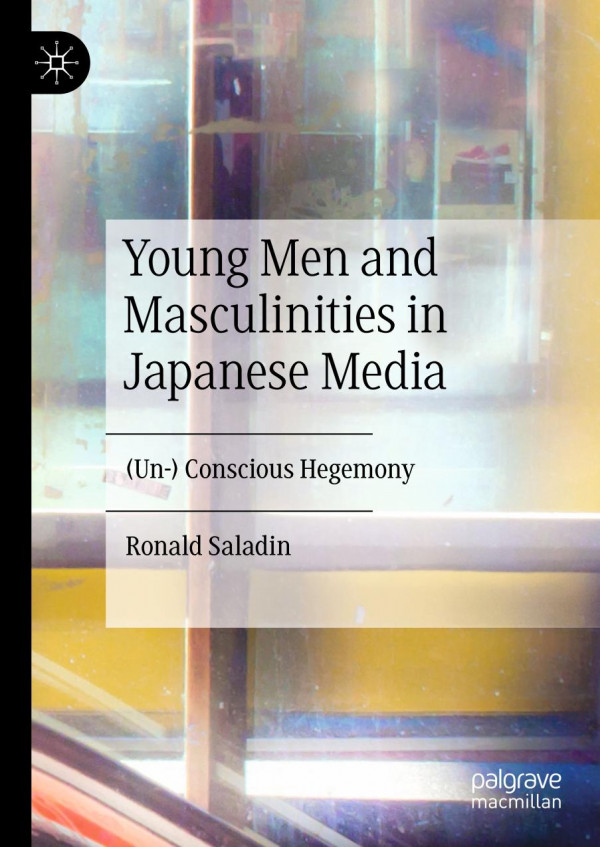

Most ebook files are in PDF format, so you can easily read them using various software such as Foxit Reader or directly on the Google Chrome browser.
Some ebook files are released by publishers in other formats such as .awz, .mobi, .epub, .fb2, etc. You may need to install specific software to read these formats on mobile/PC, such as Calibre.
Please read the tutorial at this link: https://ebookbell.com/faq
We offer FREE conversion to the popular formats you request; however, this may take some time. Therefore, right after payment, please email us, and we will try to provide the service as quickly as possible.
For some exceptional file formats or broken links (if any), please refrain from opening any disputes. Instead, email us first, and we will try to assist within a maximum of 6 hours.
EbookBell Team

4.0
86 reviewsThis book provides an in-depth investigation of two Japanese men's magazines, ChokiChoki and Men's egg, analysed as representative examples of the genre of Japanese lifestyle magazines for young men. Employing both qualitative and quantitative content analysis, focusing on topics ranging from everyday life activities up to partnerships and sexuality, it examines how these magazines discursively renegotiate norms of Japanese masculinity. By scrutinizing the way these magazines convey ideas of gendered behavior within different contexts, the book demonstrates how Japanese lifestyle magazines discursively create new ideas of gender and masculinities in particular. It argues that hegemonic gender norms of Japan's society are both altered and reconstructed at the same time and that while altering parts of the gendered habitus in order to adjust to changing social circumstances and perceptions of gender, magazines (un)consciously reproduce core values of the hegemonic gender regime and thus revalidate them as legitimate. A key read for scholars and students of contemporary Japan, Japanese studies, gender studies, and anyone interested in Japanese popular culture and media, this book provides new insights into a segment of the Japanese media market that has received little scholarly attention.